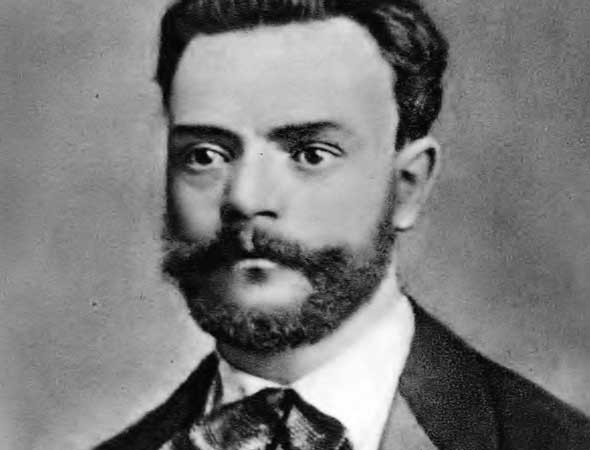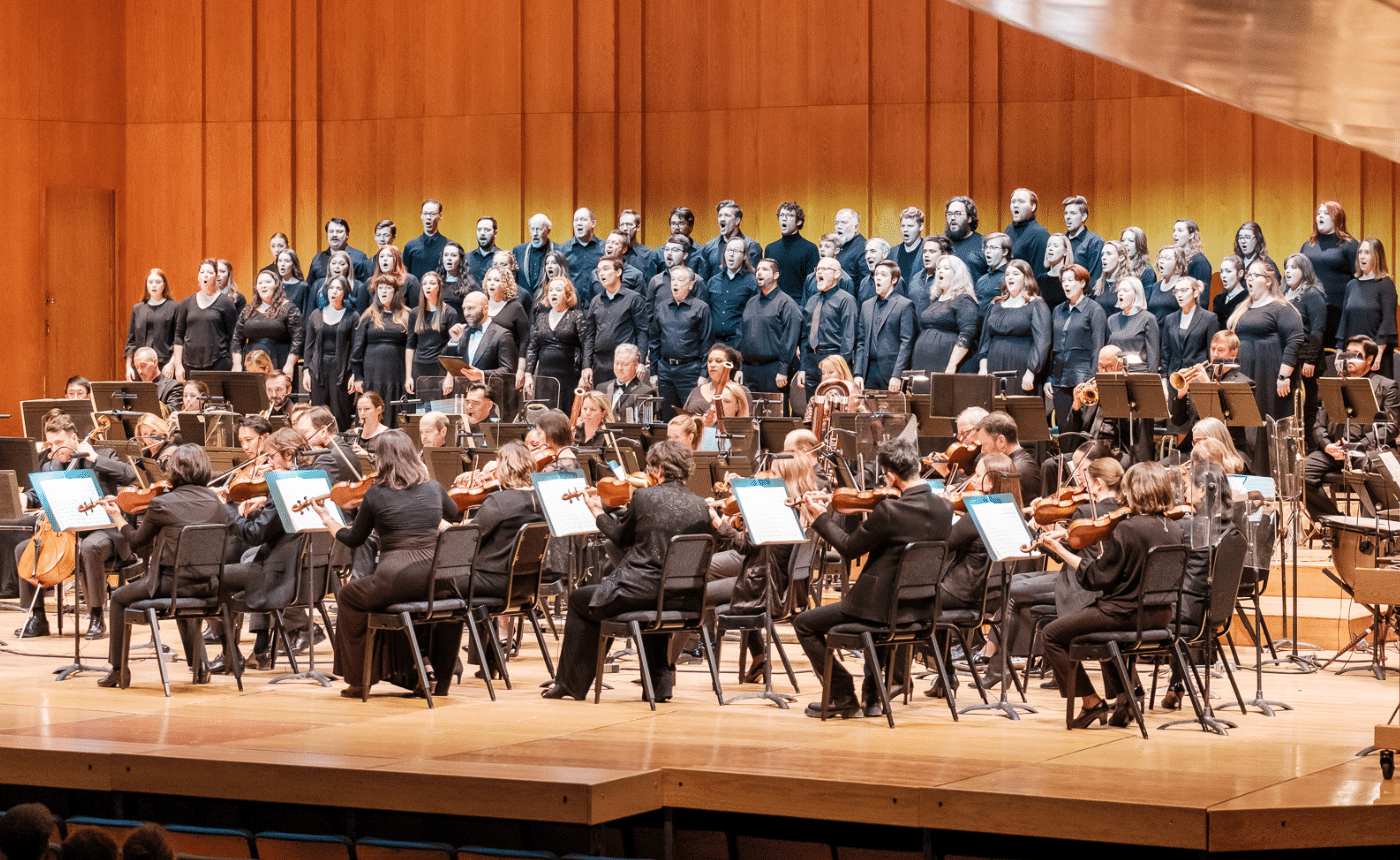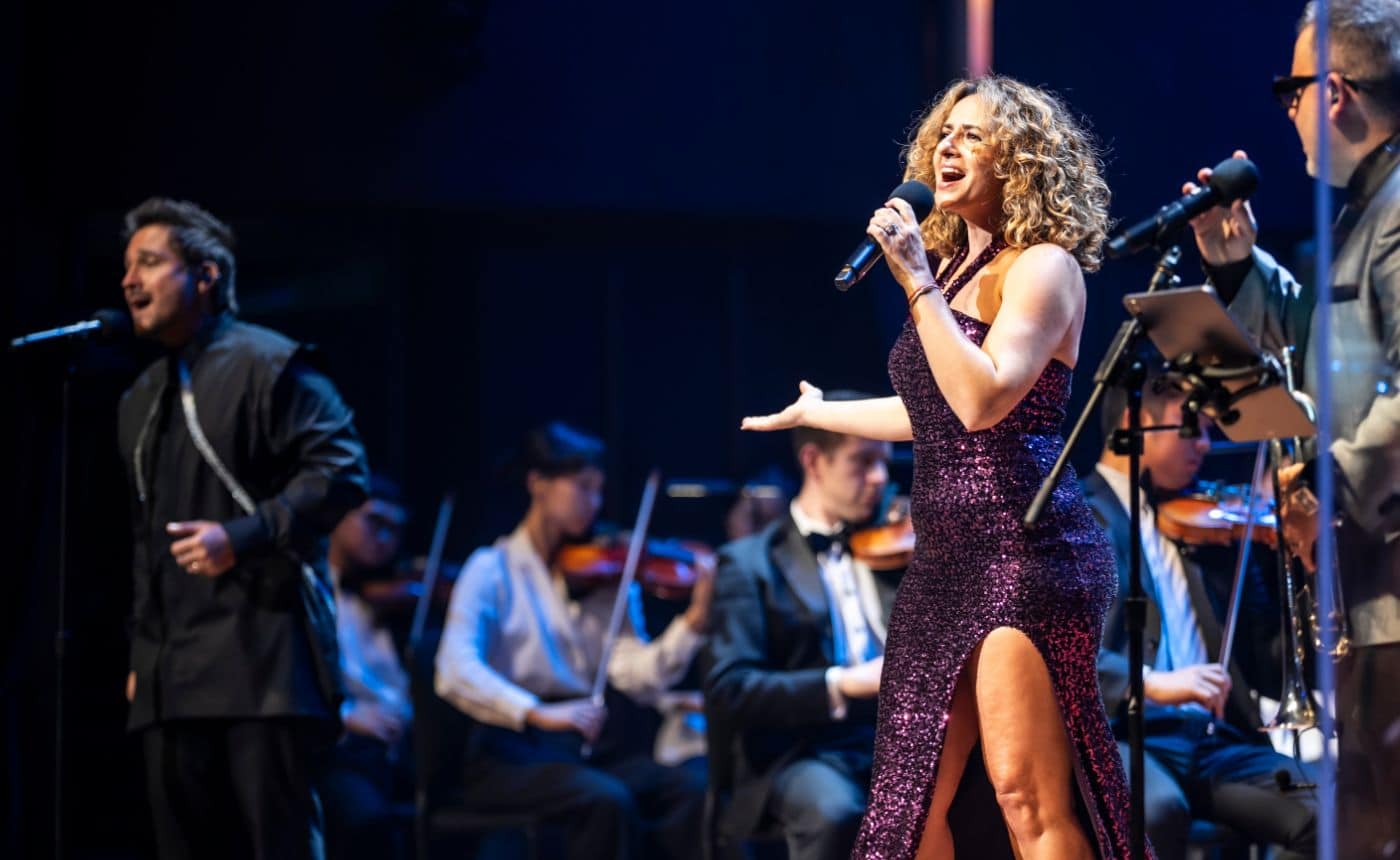DVOŘÁK: In Nature’s Realm
by Jeff Counts
THE COMPOSER – ANTONIN DVOŘÁK (1864-1949) – As the decade turned from 1889 to 1890, Dvořák was enjoying the international renown that resulted from works like Symphony No. 7, the Slavonic Dances and the F minor Piano Trio. Eager to capitalize on his successes, he accepted invitations from admirers beyond his borders, one from Tchaikovsky to conduct his works in Moscow and St. Petersburg in 1890 and another from England in 1891, where he received an honorary doctorate from Cambridge and conducted his Requiem in Birmingham. The famous American residency was still a year away, so Dvořák also allowed himself the local honor, not to mention the financial stability, of a teaching position at the Conservatory in Prague.

THE HISTORY – Though he turned 50 in that very busy year of 1891, Dvořák was as productive as ever. In the spring he set about writing a trio of connected concert overtures that he intended to call Nature, Life and Love. Each of the three pieces was meant to depict a different aspect of nature, or Mother Nature to be more precise, and her power over all the generative and destructive aspects of earthly existence. In the end, Dvořák chose (under pressure from his publisher) to scrap the idea of a linked cycle in favor of three distinct pieces, known forever more as In Nature’s Realm, Carnival and Othello. Dvořák did not leave us an explicit roadmap for what wisdom he hoped each overture might impart but scholars at the National Library of the Czech Republic think his sketchbooks and letters offer some sense of his intentions. Carnival was originally supposed to be called Life. No surprise there, but he also toyed with naming Othello the Tragic Overture and Eroica. In Nature’s Realm, for its part, was almost titled In a Secluded Place or Loneliness. It’s unclear what sustenance this offered the aforementioned academics, but for us this could indicate a desire to follow nature’s influence from the wild uninhabited fields (In Nature’s Realm) to the celebratory rituals of men (Carnival) and culminating in study of the jealous insecurities of a single man (Othello). In this way, the experiential aperture runs from wide to very narrow, and the darkness and light of both nature and humanity are thoroughly explored. There is a unifying musical theme presented early in In Nature’s Realm, the “nature” theme, that shows itself in each of the subsequent overtures. The work then follows a loose arch form and ends much like it begins, elementally, like the “awakening” section of Beethoven 6. Dvořák dedicated the piece to Cambridge University as thanks for the honorary degree they awarded him in 1891.
THE WORLD – Elsewhere in 1891, Hawaii’s King Kalakua and was succeeded by his sister Queen Lili’uokalani as the islands’ last monarch, construction on the Trans-Siberian Railway began and the first Java Man fossils were uncovered.
THE CONNECTION – A rarity for any American orchestra, Utah Symphony has not programmed In Nature’s Realm since December 1998. Joseph Silverstein was on the podium.











